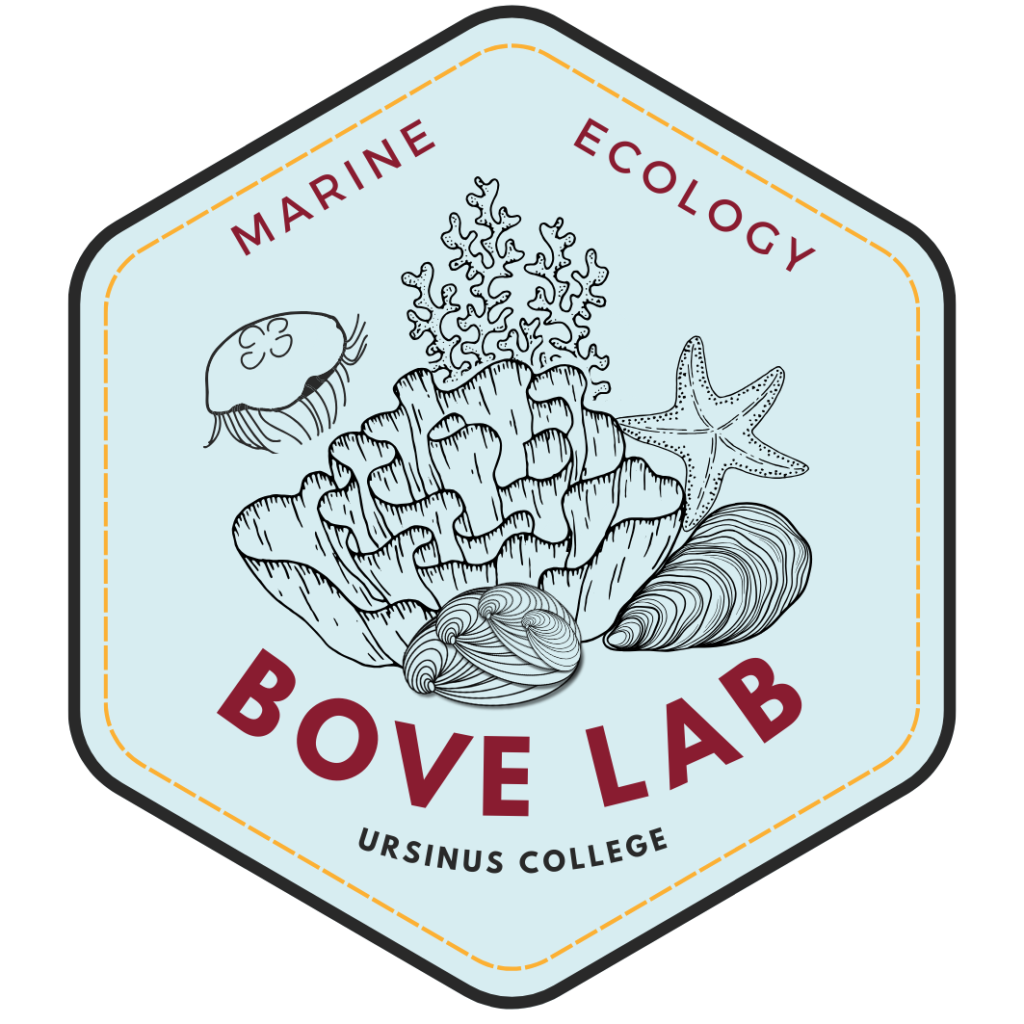I aim to promote diversity, equity, and inclusion in courses, to foster a sense of belongingness across all students, faculty, staff, and visitors across my institution. Higher education is entrenched in racism, colonialism, sexism, ableism, etc. that has created a highly exclusive system. However, academia relies on diverse perspectives from individuals from all backgrounds and experiences to create a thriving space. While I cannot personally relate to every individual’s experience, I use my role as a mentor, educator, and researcher to advocate for a paradigm shift that promotes a more diverse, equitable, and inclusive system (Davies, … Bove, et al. 2021).
My teaching philosophy creates strong educational foundations through participation in meaningful scientific research and acquisition of transferable skills through practical, active learning environments. In both my small and large classes, I implement a wide range of pedagogical tools, including traditional lectures, student presentations, discussion of current scientific literature, and question-based research experiences in both the lab and the field experiences. This teaching approach reaches a variety of learning styles and provides students hands-on experience that encourages them to think critically about course material in a way that makes them more competitive for future careers in science and beyond. I adapt my teaching approaches based on the individual needs of my students and courses to support the success of my students.
I assess student learning through alternative assessment approaches that encourage students to explore learning in new ways that rewards creativity and improvement, rather than fact memorization. For example, I incorporate Ungrading techniques in my courses where I decenter traditional grading schemes and instead assess student learning through peer-assessment, self-assessment, and portfolios. These forms of assessment reduce stress and anxiety in students to meet certain thresholds and rewards improvement and skill mastery that works towards creating a more equitable and fair classroom (Blum 2020). Additionally, I implement Unessays in my courses to assess overall understanding of materials that gives students the option between a traditional paper or another outlet to tap into students’ learning modalities. These pedagogical approaches nurture inquiry, cultivates a meaningful learning experience, and encourage students to evaluate their own learning and improvement throughout a course and demonstrate learning in the way that best represents their understanding of material.
For a current list of courses offered in Biology or Marine Science at Ursinus College, please review their respective web pages.
BIO-101Q Issues in Ecology and Evolution – offered every fall semester. I alternate between teaching the lecture and lab component for this course
BIO/ENVS-330 Marine Biology – offered every spring semester. This is a lecture-only course that includes several required day-long field trips.
BIO/ENVS 375 Marine Invertebrate Zoology – offered every other spring semester. Includes a lecture and a lab component that features a semester-long team experiment and extensive hands-on learning opportunities.
BIO/ENVS-415W Ecology – offered every fall semester. Course includes both a lecture and a lab, and satisfies BIO capstone requirement.
I have taught a variety of courses across Biology, Ecology, and Environmental Sciences. These courses have included traditional lectures, small-group discussions, laboratory sessions, and international field courses. (* denotes courses that were taught in hybrid format due to COVID-19)
Biology of Global Change*: Instructor of Record (1 semester; 100 students in 5 lab sections)
Download the lecture syllabus here and lab syllabus here. You can also access the teaching R tutorial on my Github (here) and I would be happy to send along the other lab assignment materials!
Readings in Biology: Instructor of Record (1 semester)
Human/System Physiology Lab*: Postdoctoral Associate Lecturer (3 semester; 10 sections)
Conservation Biology: Teaching Assistant (1 semester)
Ecology and Evolution: Teaching Assistant (1 summer semester)
Coral Reef Ecology + Management: Teaching Assistant (1 semester)
Introduction to Environment and Society: Lead Teaching Assistant (3 semester; 6 sections)
Introduction to Environment and Society: Teaching Assistant (3 semester; 7 sections)
